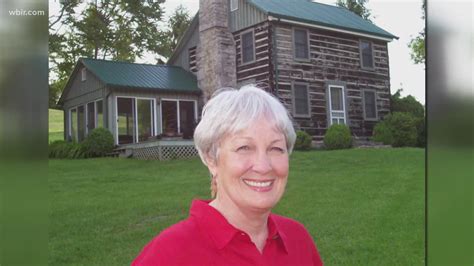A Quote by Edan Lepucki
Before my book, 'California,' came out, I had modest hopes for it. Or, let's put it this way - I had the same hopes that every literary fiction writer in America has: I wanted the novel to be well-received, critically. As for sales? I didn't want it to disappoint, but I didn't expect it to be a best-seller, either.
Related Quotes
The best piece of advice I ever received about being a writer came from my brother Lee. I was just starting out and he told me that if I wanted to have a long career, I had to be versatile, that I shouldn't just think of myself in one way, because there would come a time when maybe that one thing wasn't working out for me - and I'd still want to earn a living as a writer.
"The Diagnosis" is by far my most ambitious book. I such great hopes for it... there was so much I wanted to do with the book. I was extremely insecure about it for several years. Just didn't know whether I would finish the book much less for it to come close to what I intended. I think that for any novel you never know exactly how the book is going to turn out...
You could say I'd rewritten the same novel three times and I thought I had to move on. The success of the book, and then the movie, had by then also created a commercial expectation and I remember touring America and seeing people in the audiences who I thought might not want to read the books I wanted to write next. My constituency had become broader, but more mysterious to me.
In America there's a tendency to write the same book over and over because that's what sells. So in a way, my success in America has come at the expense of what I do. I haven't sold out, and I haven't taken the popular road to writing a best-selling book. I've really bucked the system. So it was necessary for me not to go and find the easy fans, the ones who want something digestible and fast with a happy ending that they can read over and over again no matter how many different books it is. I had to find fans who really wanted to think. Worldwide they all have that in common.
Going from memoir to fiction was fantastic. I had been afraid to move away from memoir; I'd written some novel drafts, but they weren't well received by my agent at the time, and it had been drilled into me that "memoir outsells fiction two to one" (not sure if that's true anymore, or if it ever was), so I felt like the only smart thing to do, professionally, was to keep mining my life for painful moments to recapitulate.







































